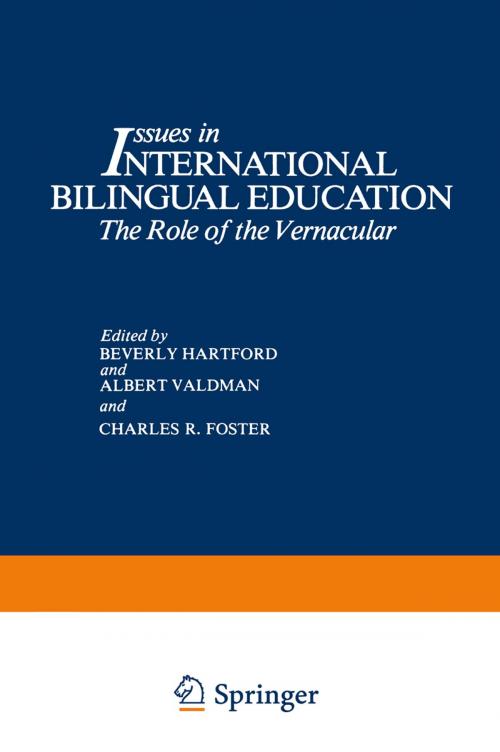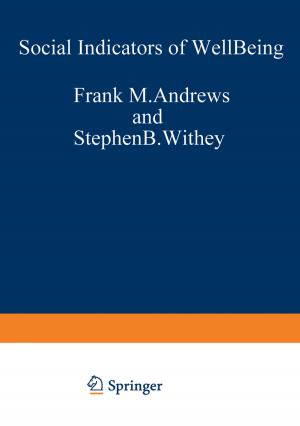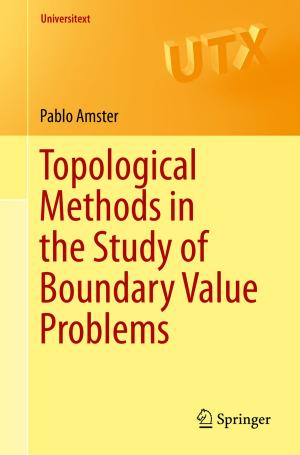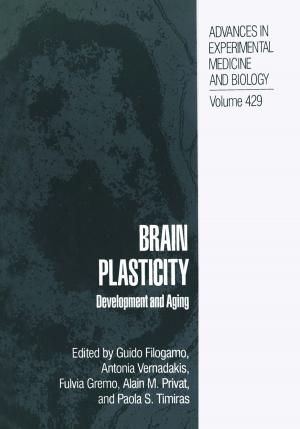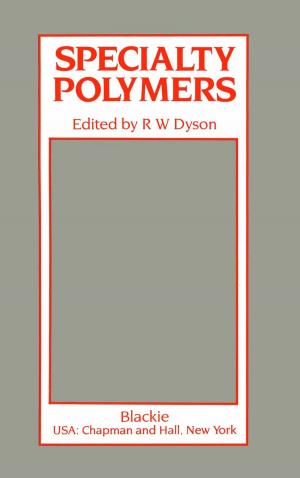Issues in International Bilingual Education
The Role of the Vernacular
Nonfiction, Reference & Language, Language Arts, Linguistics| Author: | ISBN: | 9781468442359 | |
| Publisher: | Springer US | Publication: | December 6, 2012 |
| Imprint: | Springer | Language: | English |
| Author: | |
| ISBN: | 9781468442359 |
| Publisher: | Springer US |
| Publication: | December 6, 2012 |
| Imprint: | Springer |
| Language: | English |
CHRISTINA BRAIT PAULSTON There is an important difference between merely experimental and genuine experiment. The one may be a feeling for novelty, the other is rationally based on experience seeking a better way. - Frank Lloyd Wright Wright was talking about architecture, but the same difference can be applied to analyzing the relationship between standard and vernacular languages in bilingual education; surely we are also seeking a better way to handle bilingual education based on experience. How rationally based our efforts are, is another question. Works on this and similar topics can at times become the scene for very emotional-and very moving-presentations which sometimes are more utopian than rational. One can perhaps call this a very 'rational' text, because so few of the contributors are members of ethnic subordinate groups. Am I suggesting that minority group members are less rational? Of course not. I am suggesting that it is much easier to be calm, objective and scholarly about the lot of others than about your own. The most salient feature about the bilingual education of vernacular speaking groups is the social and economic exploitation of its members by the dominant group. The papers herein, treating bilingual education from a psychological perspective, agree at least on the issue that an understanding of the social and economic factors underlying bilingual education is crucial for understanding the psychological studies on bilingualism.
CHRISTINA BRAIT PAULSTON There is an important difference between merely experimental and genuine experiment. The one may be a feeling for novelty, the other is rationally based on experience seeking a better way. - Frank Lloyd Wright Wright was talking about architecture, but the same difference can be applied to analyzing the relationship between standard and vernacular languages in bilingual education; surely we are also seeking a better way to handle bilingual education based on experience. How rationally based our efforts are, is another question. Works on this and similar topics can at times become the scene for very emotional-and very moving-presentations which sometimes are more utopian than rational. One can perhaps call this a very 'rational' text, because so few of the contributors are members of ethnic subordinate groups. Am I suggesting that minority group members are less rational? Of course not. I am suggesting that it is much easier to be calm, objective and scholarly about the lot of others than about your own. The most salient feature about the bilingual education of vernacular speaking groups is the social and economic exploitation of its members by the dominant group. The papers herein, treating bilingual education from a psychological perspective, agree at least on the issue that an understanding of the social and economic factors underlying bilingual education is crucial for understanding the psychological studies on bilingualism.
